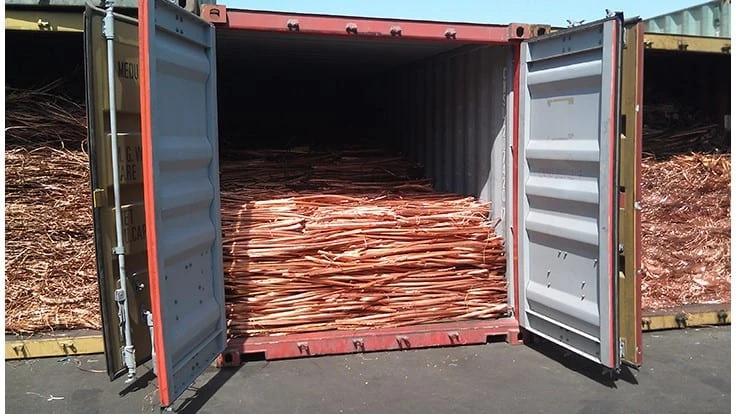
Photo by Brian Taylor.
The government of Malaysia may soon make a decision regarding quality requirements for imported scrap materials, the Brussels-based Bureau of International Recycling says.
Six months ago, documents and a presentation issued by SIRIM QAS International, an inspection service affiliated with a Malaysian government agency, lobbied for tightly defined restrictions on imported ferrous and nonferrous scrap entering the nation.
“In these last months before implementation, and after consultation with companies and associations and other stakeholders within and outside Malaysia, [SIRIM} is promoting later in September its Guidelines on the Certificate of Approval (CoA) of Metal Scrap & Waste Paper and the Approval Scheme for Material Recovery Facilities in Malaysia,” the BIR says.
The federation of recycling associations says it will “participate in this meeting on behalf of the global recycling industry and report back to its members.”
This week, Reuters commodities reporter Andy Home writes that the new restrictions, if enacted, would be “not just a potential blow to a still-recovering copper scrap supply chain but also to the global urban copper mine.”
For scrap processing and secondary metals melt shop entrepreneurs in Malaysia, it could drain the value from several years of investments.
At a mid-2021 BIR online session, Eric Tan, president of the Malaysia Non-Ferrous Metals Association, said his group has been in dialogue with government officials there to prevent the enactment of the strictest SIRIM QAS guidelines.
“Many existing investments will go down the drain if the [import] guidelines enter into force [and] Malaysia’s potentially bright nonferrous future will run into a wall,” Tan told the session’s participants.
The scrutiny in Malaysia follows a similar pattern established by the People’s Republic of China in the last several years and could bring about further changes to where and how scrap metal is processed globally.
Latest from Recycling Today
- BMW Group, Encory launch 'direct recycling’ of batteries
- Loom Carbon, RTI International partner to scale textile recycling technology
- Goodwill Industries of West Michigan, American Glass Mosaics partner to divert glass from landfill
- CARI forms federal advocacy partnership
- Monthly packaging papers shipments down in November
- STEEL Act aims to enhance trade enforcement to prevent dumping of steel in the US
- San Francisco schools introduce compostable lunch trays
- Aduro graduates from Shell GameChanger program





